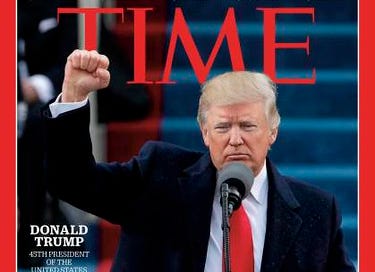At noon, the Trump presidency comes to an end. But Donald Trump’s legacy goes on. As Barack Obama’s minions swear oaths to uphold the Constitution, I contend that the 45th U.S. president has left the District of Columbia having made progress for America. Like Ford, Willkie and Goldwater, Republican presidential nominees who lost and proved to be right, Trump is flawed. Trump is also better than his reputation.
Whatever his role in America’s lurch toward totalitarianism, whatever the merits of his claim that Democrats obtained victory by fraud, Trump opposes the new government. Whether he knows or understands why, like a dissident, his opposition matters.
This means strenuous opposition to those in line to become president, Harris and Pelosi, as well as Biden and the head of the new troika presidency, Barack Obama. By law, Trump narrowly lost the 2020 election he contests, yet, as he heads home to Florida, the ex-New York City businessman is the nation’s leading political antagonist.
M…
Keep reading with a 7-day free trial
Subscribe to Autonomia to keep reading this post and get 7 days of free access to the full post archives.




